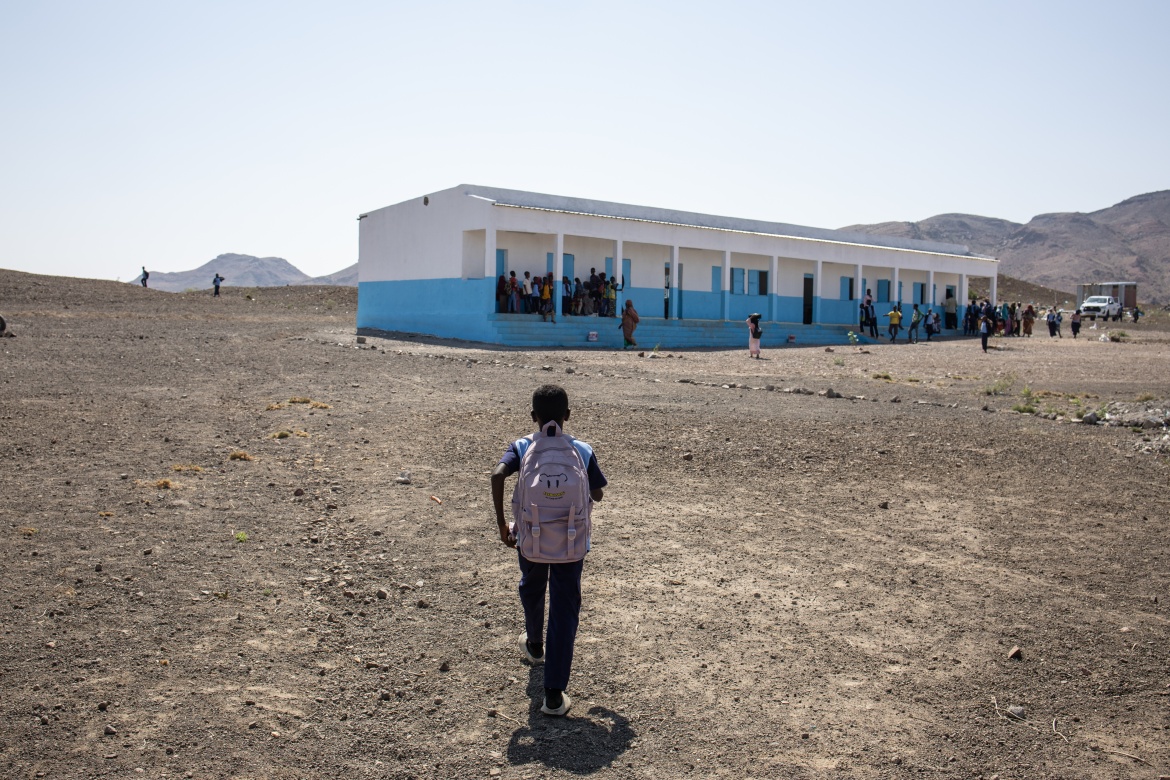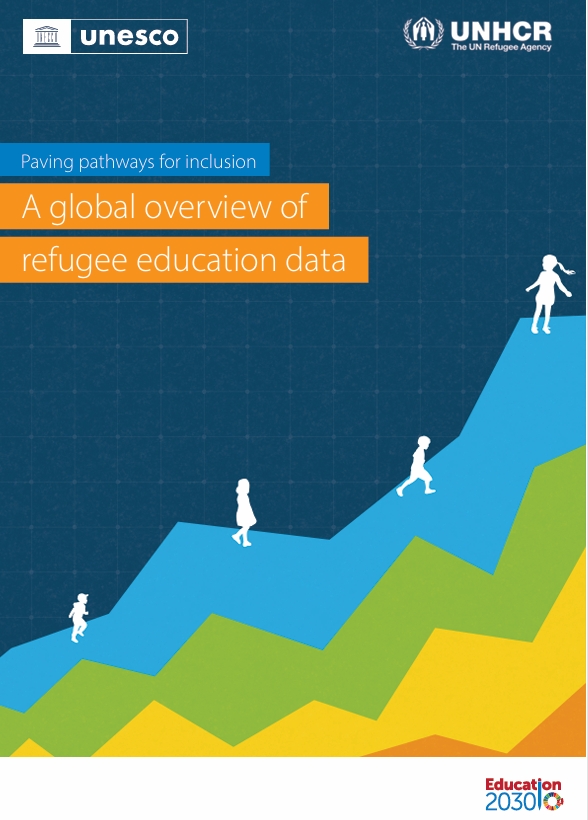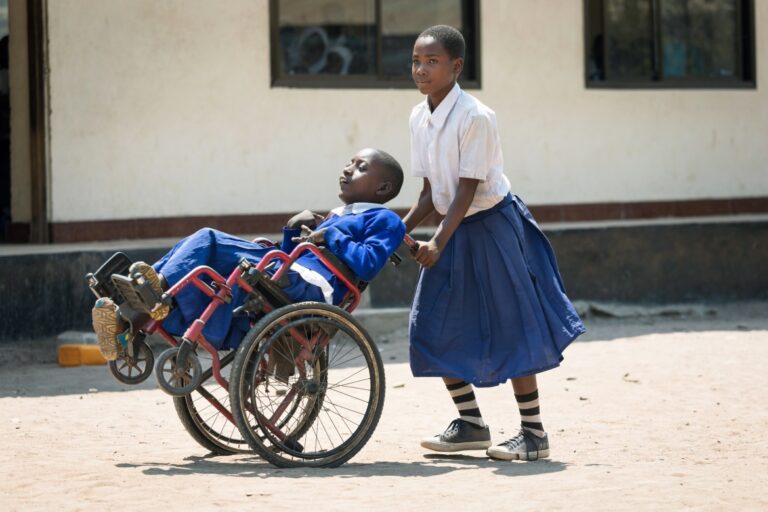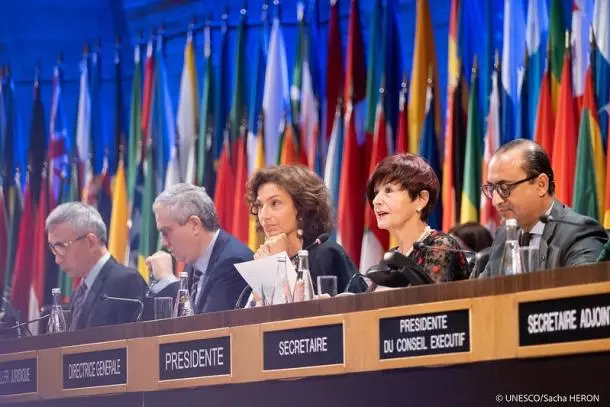The number of refugees around the world is at an all-time high, reaching 35.3 million in 2022. The 2019 UNHCR education report cited a total of 7.1 million refugee children with 3.7 million out of school.
While the percentage has remained roughly the same, there are now millions more refugee children missing out on education: according to the 2023 UNHCR education report there are 14.8 million school-aged refugee children in the world, with more than 7 million not enrolled in school.
Most refugee situations are protracted. Refugees often remain in host countries for decades. To significantly reduce the number of out of school refugee children, including these children in national education systems is the most effective and sustainable strategy.
But the majority of refugee children are hosted by countries whose education systems are already severely constrained by shortages in qualified teachers, classrooms and facilities, learning materials, and other resources.
In these countries, budgets are strained, and the influx of refugees adds to existing challenges of providing education to growing populations.
The Global Compact on Refugees stipulates that the global community needs to do its part in addressing this challenge, sharing the responsibility for ensuring the rights of refugee populations.
This includes supporting lower-income refugee hosting countries in providing long-term opportunities both for refugee populations and the communities that host them.

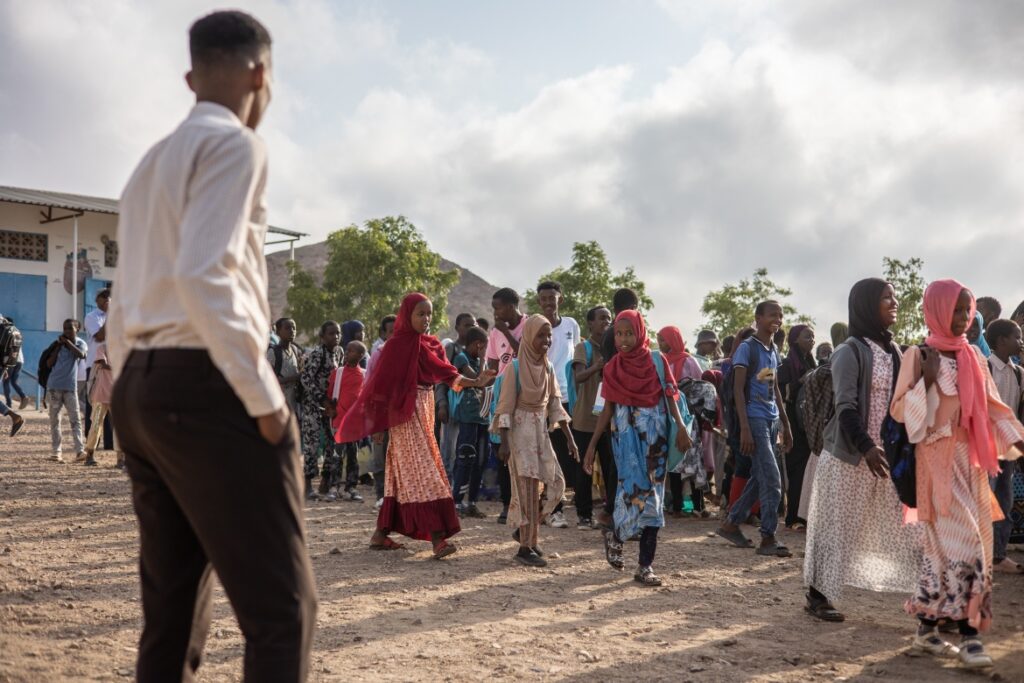
The Global Partnership for Education’s pledge
GPE's mission is to mobilize partnerships and investments that transform education systems in lower-income countries, leaving no one behind. GPE supports partner countries’ efforts to strengthen their education systems so they can provide all children with opportunities to learn.
Strong national education systems are better able to ensure the education of refugee children, and when we support the inclusion of refugees in national education systems, we also support better schools for host communities.
GPE therefore commits to:
Progress since the 2019 Global Refugee Forum
GPE also pledged to support inclusive and resilient systems to ensure quality education for refugees. These commitments have translated into concrete actions across multiple partner countries:
Among the results:
Why is a joint pledge on refugee education at GRF 2023 important?
At this week’s Global Refugee Forum, a broader multistakeholder education pledge sets a clear framework for all of us to work together to form a coherent, interconnected approach to refugee education through joint efforts by hosting countries and donors, multilateral organizations, civil society and others.

It also emphasizes that such responses should facilitate transition to national education systems in the longer term.
Focusing on national systems has the potential to maximize support for the greatest number of refugee children, enabling effective monitoring so that partners can transparently deliver on their pledges.
Reigniting inclusion efforts with this pledge, GPE is committed to a future where all refugee and host community children are safe, in school and learning.

